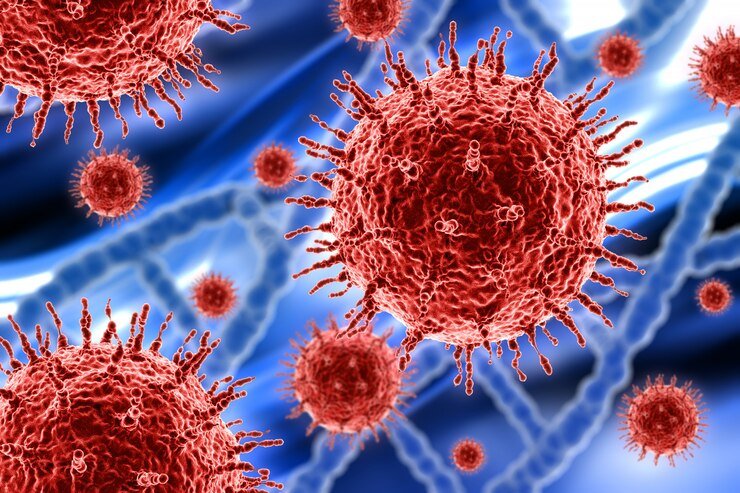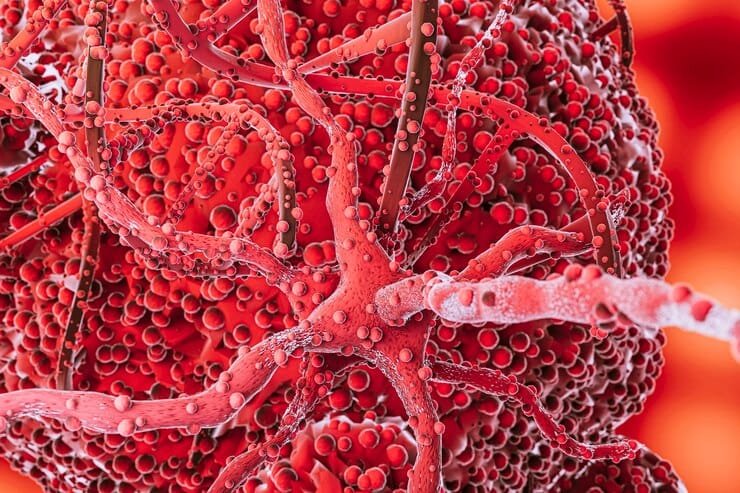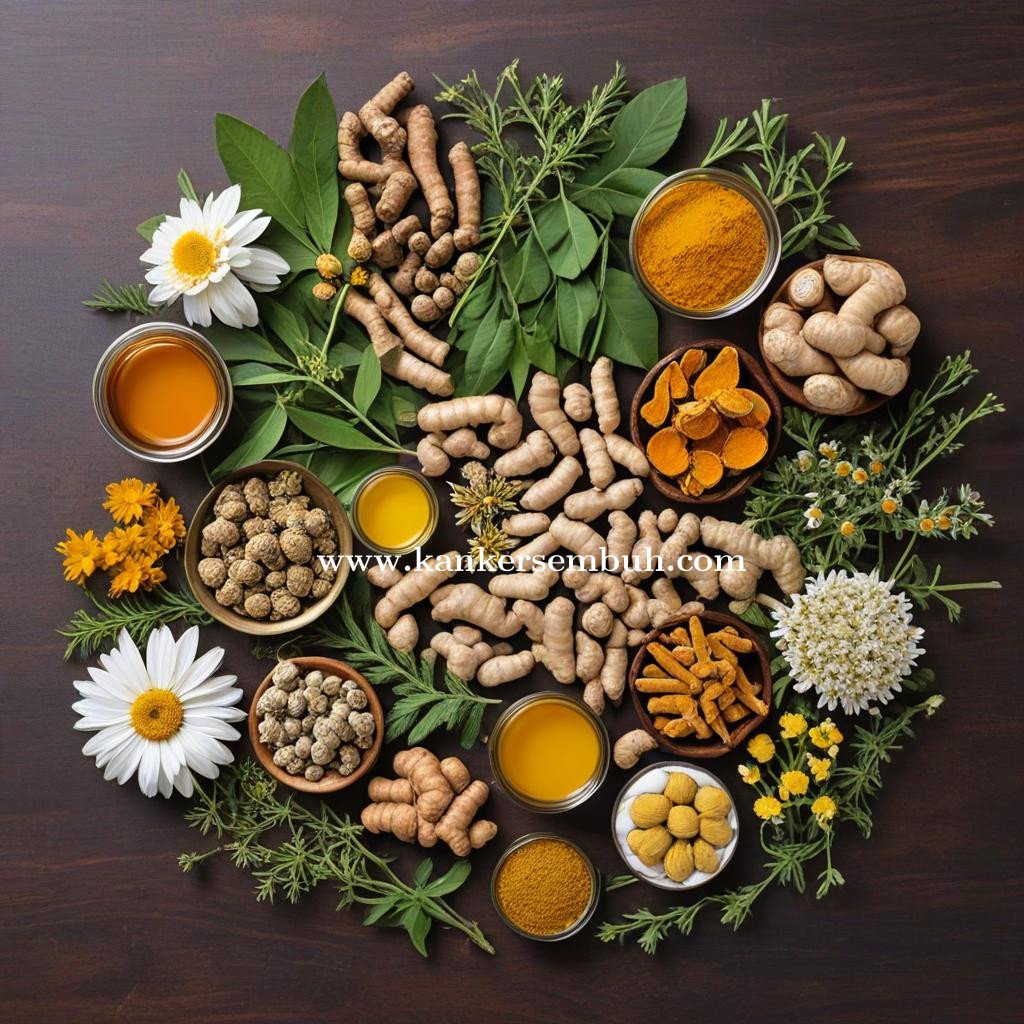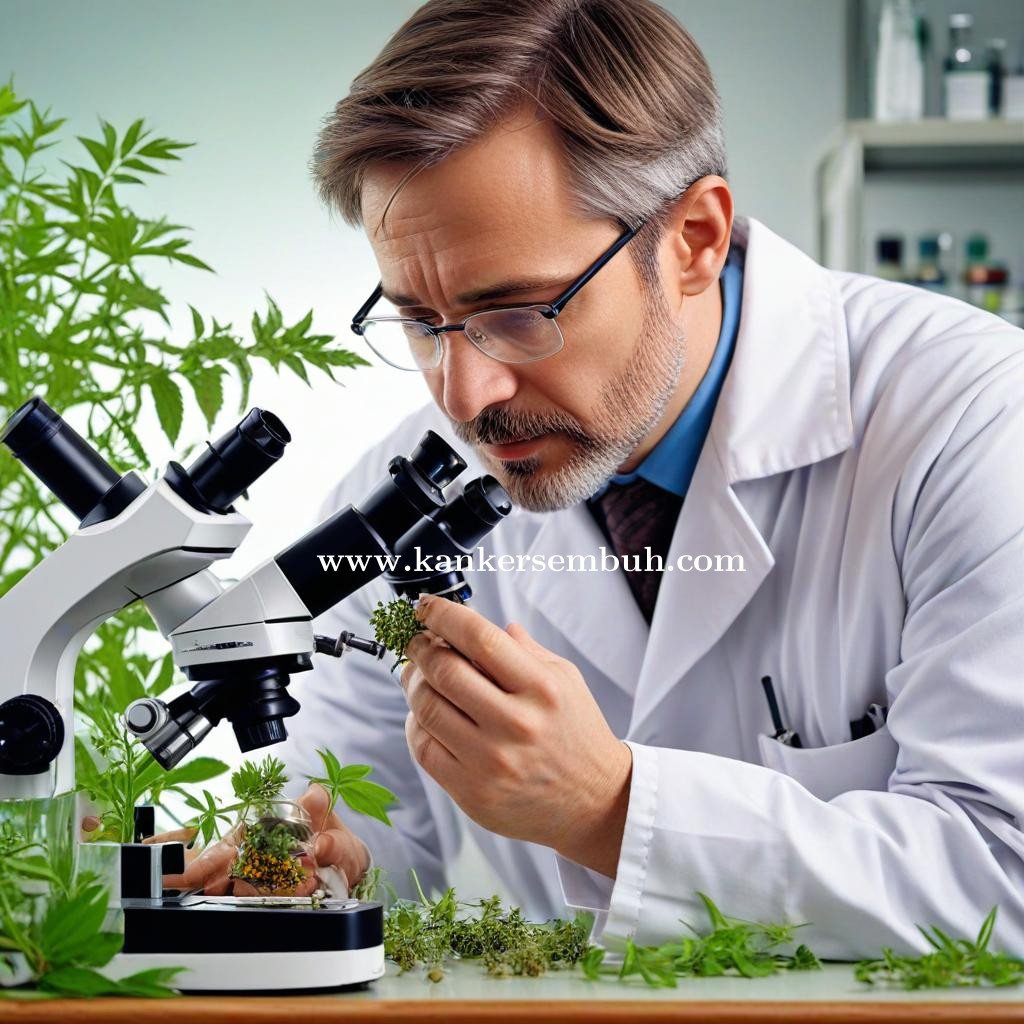- Rekomendasi Praktis Buah Anti Kanker
- MARI KENALI KANKER & CARA PENANGANANNYA
- ALTERNATIF PENGOBATAN KANKER TANPA TINDAKAN INVASIF !
- JANGAN PANIK ! Temukan Penanganan Aman Untuk Tumor Jinak di CMI Bandung
- KANKER BUKAN SEKEDAR BENJOLAN
- Herbal Medicinal Plants in Breast Cancer Treatment: An Overview
- Exploring Herbal Medicine in Cancer Treatment: Insights from India\\
- Enhancing Cancer Care: The Role of Complementary and Alternative Therapies
- The Use of Traditional, Complementary, and Alternative Medicine in Cancer Care: Insights from Sri La
- Medicinal Plants and Herbal Compounds in Cancer Treatment: Promising Research and Clinical Applicati
The Therapeutic Potential of Herbal Medicine: Boosting Immune Response and Treating Chronic Diseases
Exploring Phytochemicals and Immunomodulatory Effects Across Plant Species
The role of herbal medicine in boosting the
immune system and its potential in treating various diseases, including cancer.
The use of biological products from animal and plant sources has long been
employed by humans to treat many ailments. Some plants contain phytochemical
compounds with immunostimulatory properties, such as flavonoids, lignans,
terpenoids, polyphenolics, sulfides, saponins, carotenoids, curcumin, plant
sterols, and phthalides. These compounds can inhibit nitrosation or DNA
formation, stimulate protective enzyme activity, and provide significant
protection against chronic diseases through their antioxidant activities.
Certain plants, like garlic, are rich in
flavonoids, vitamin C, and carotenoids that can enhance immune function.
Flavonoids in plants also have mild anti-inflammatory actions and can increase
lymphocyte activity, phagocytosis, and interferon production. Garlic, for
instance, has been found to have immunopotentiating effects by stimulating
natural killer cell activity and acting as an immune modulator that maintains
immune function homeostasis. Additionally, the chemical components of garlic
are also used to treat cancer, diabetes, atherosclerosis, and hyperlipidemia.
The use of herbal products as anti-cancer agents
has increased dramatically, with several studies showing that herbs have
cancer-preventive properties. Commonly used herbs include the Allium family
(such as garlic), Labiatae (such as mint), Zingiberaceae (such as ginger), and
Umbelliferae (such as carrots). The phytosterols, saponins, flavonoids,
triterpenes, and carotenoids in these herbs have chemoprotective effects against
cancer. These compounds act as antioxidants, immune system stimulants,
inhibitors of hormonal actions and metabolic pathways related to cancer
development, and can induce phase I or II detoxification. This demonstrates the
great potential of natural products as candidates for anti-cancer drugs and
immune system boosters.
Baca Lainnya :
- Exploring the Anticancer Potential of Herbal Medicine in Prostate Cancer Treatment: Focus on Inula v
- The Role of Honey in Modern Medicine: Benefits and Applications
- The Role of Herbal Medicine in Treating Liver Diseases
- Cancer Treatment Methods Through Traditional and Complementary Medicine
- Ilmuwan Terhebat Era Keemasan Islam
Source: https://www.immunopathol.com/ (Role of herbal medicine in
boosting the immune system)
Many natural ingredients are actually very
beneficial for our bodies. These natural ingredients are used in complementary
medicine at CMI Hospital. The treatments provided by CMI Hospital are safe for
consumption by every patient, and patients will experience benefits and
positive changes in their bodies.
WhatsApp: +62 821-1653-7983 (Dr. Juli)











